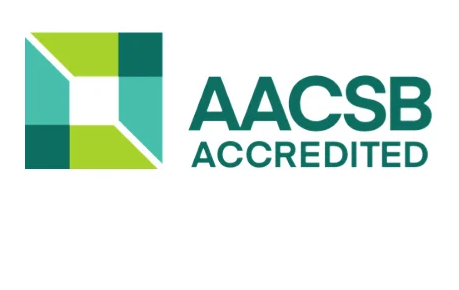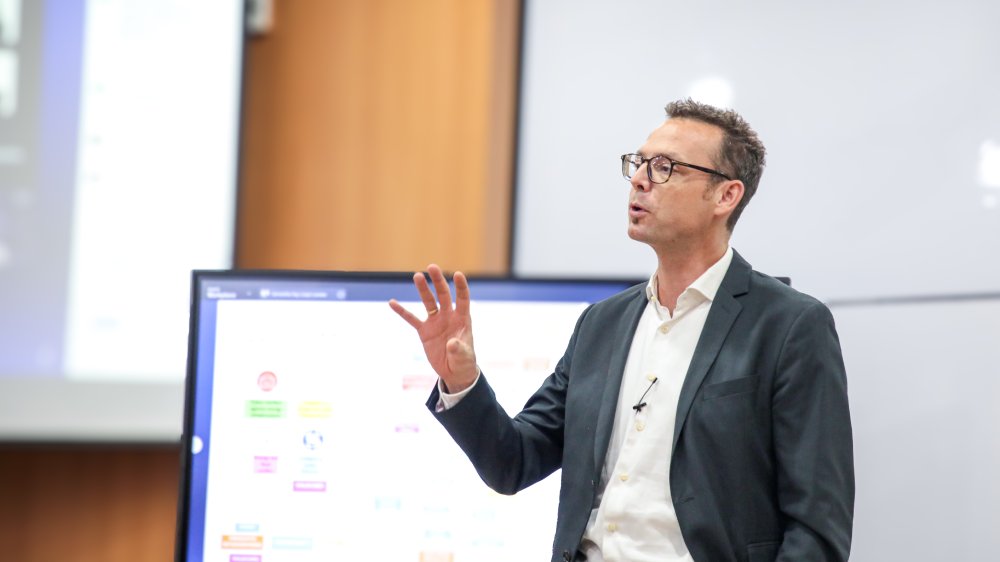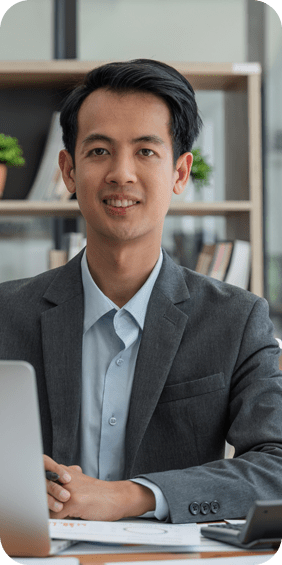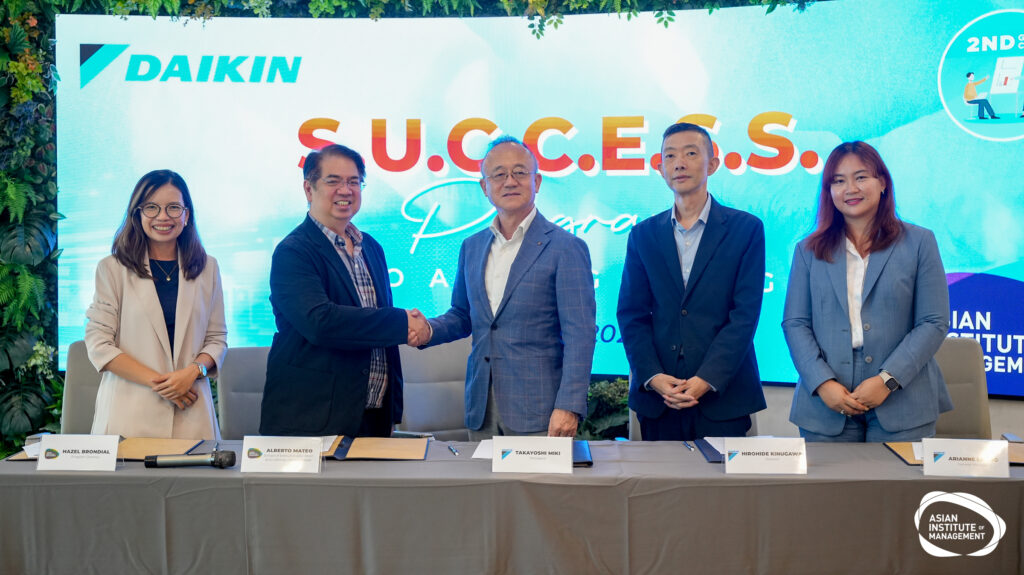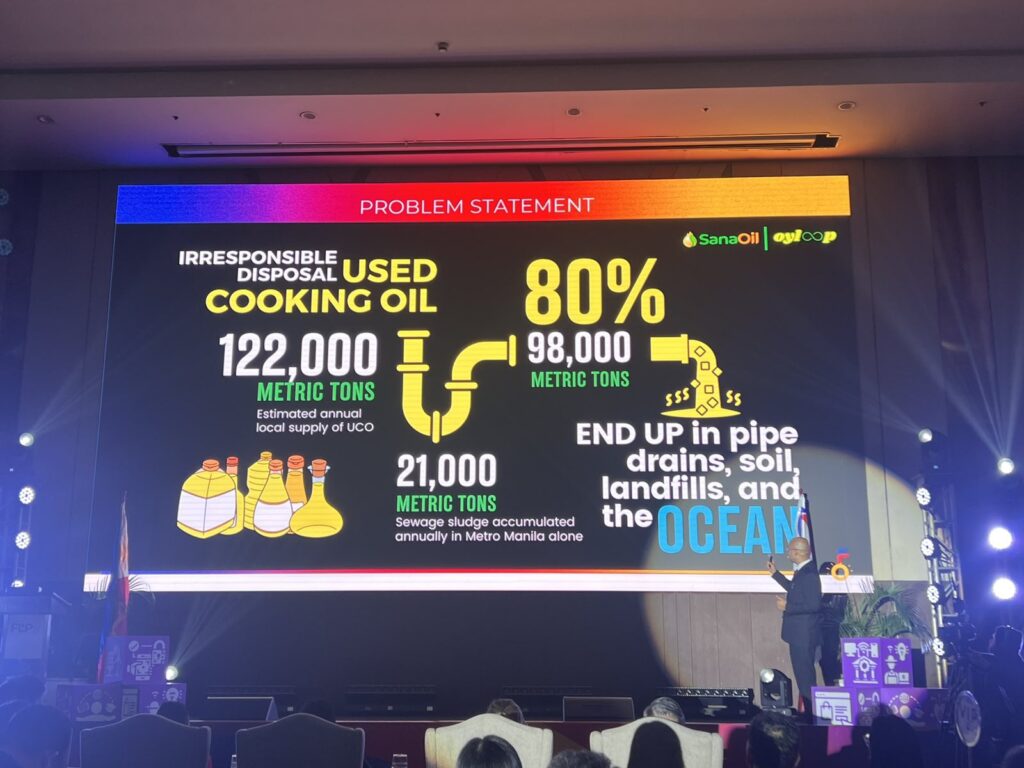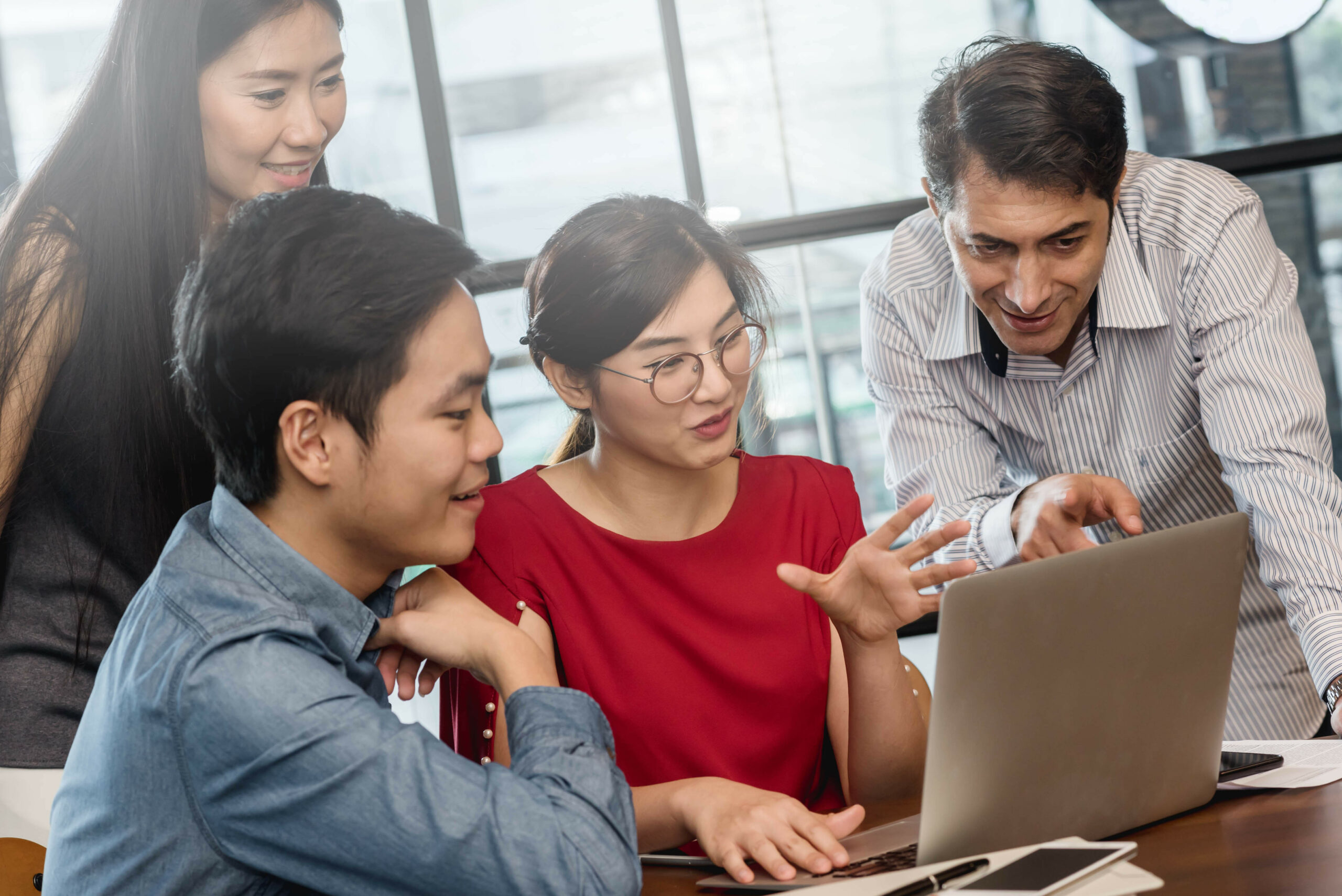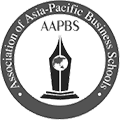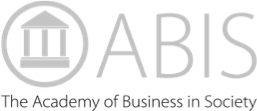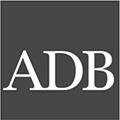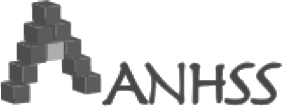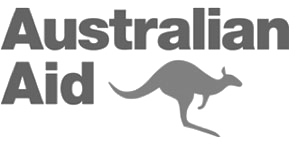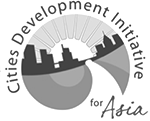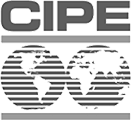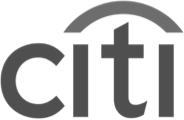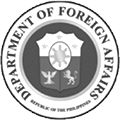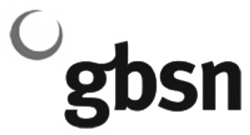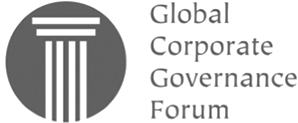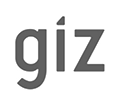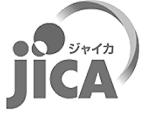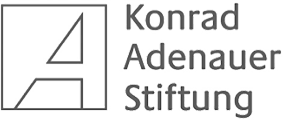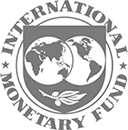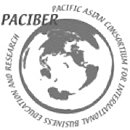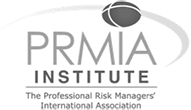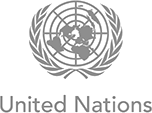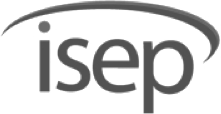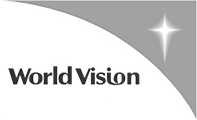The Premier Philippine
Business School:
Pioneering Innovation,
Development, and Global Resilience
As the premier graduate school in the Philippines, the Asian Institute of Management (AIM) stands at
the nexus of Asian excellence, shaping visionary professionals and leaders poised to pioneer the future
of business, innovation, development, and global resilience.
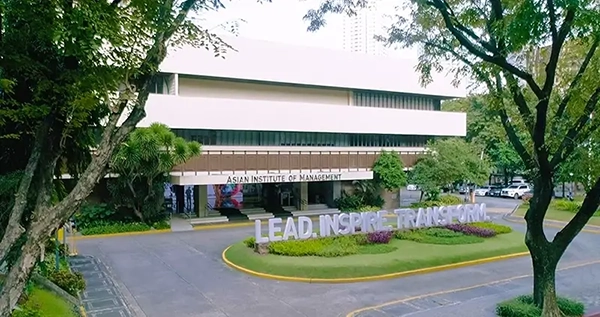
Forging Leaders in Business, Technology, Development, and Global Resilience
For over 55 years, the Asian Institute of Management (AIM) has been the nexus of excellence in Asia, bringing together diverse cultures and ideas. Through our school of business and management, we have established a strong network that fosters leadership, innovation, and positive change.
We have expert faculty in Asian management who excel in developing intelligent leaders, nurturing students through their educational and career paths, and attracting progressive educators and aspiring industry leaders.
Our Programs
Founded by experts from the Philippines and Harvard Business School, we have been dedicated to transforming socially responsible professionals who make a global impact. As one of Asia’s top business management schools, AIM provides immersive education tailored to the dynamic global market.
Elevate Your Leadership with the AIM School of Business Management
At the Asian Institute of Management (AIM) business management school, we offer a unique educational experience, distinguished by our commitment to fostering transformative leadership.
Leadership-Focused, Impact-Driven Education
At AIM, students are honed to become transformative leaders equipped to navigate real-world problems and make a positive impact on the world.
Innovative Curriculum
Our business management program integrates cutting-edge technology and practical research applications, ensuring our curriculum remains aligned with the current demands of the global business landscape.
World-Class Faculty
Learn from distinguished educators and industry experts who bring a wealth of knowledge and experience, ensuring a rich and comprehensive learning environment.
Partners in
Change and Growth
The Asian Institute of Management (AIM) has formal partnerships with more than 40 institutions in Asia, Australia, Europe, and the Americas.

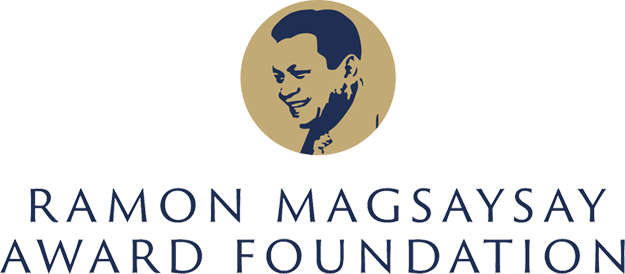
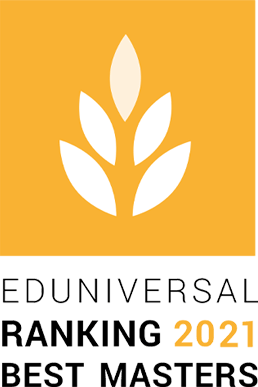


Here’s What’s Happening at AIM
Partners in Change and Growth

